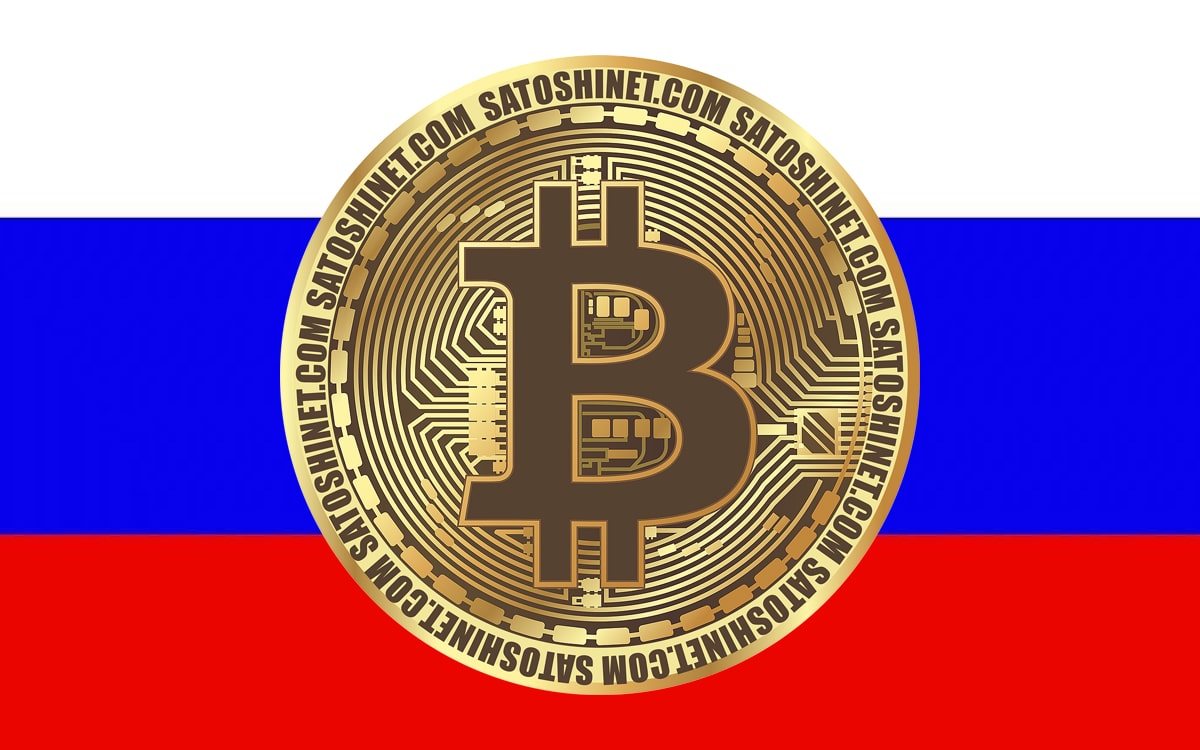
Russia threatens to overcharge electricity for cryptocurrency miners on its territory. In order to avoid the increase in consumption in residential areas, a Russian agency recommends the establishment of a dissuasive over-billing system. This measure is likely to come up against the plans displayed by Moscow, which plans instead to encourage mining.
To mine Bitcoin, miners use powerful chip-powered computing computers. These computers, called ASICs, are responsible for performing complex mathematical calculations in order to maintain the network and secure all exchanges and transfers in BTC. This process, closely linked to the functioning of Bitcoin, is called proof of work.
Proof of work is considered to be very energy intensive in electricity. According to several studies, Bitcoin mining consumes as much as a country like Finland, or 0.5% of the electricity produced in the world. This is why some countries have taken action against mining farms. For example, China has chosen to ban all Bitcoin mining infrastructure from its territory.
A Russian organization wants to charge more electricity for cryptocurrency miners
To deter miners from hoarding the electricity grid, Russia plans to introduce a system of overcharging. On its website, the Federal Antimonopoly Service (FAS) of Russia recommends charging more for electricity to individuals who install cryptocurrency mining machines in their homes.
The organization ensures that this system of overcharging aims to stem the increase in consumption in residential areas of the country. In Russia, some areas, such as Irkutsk, the Krasnoyarsk Territory and Dagestan, benefit from preferential rates, which encourages some miners to install their machines there. As a result, networks in residential areas are overloaded because they are not designed to cope with excessive energy consumption. The network of residential regions is very different from the electrical network dedicated to industry. Therefore, overconsumption of a region is likely to cause overloads and outages.
Beyond a certain consumption threshold, the Federal Anti-Monopoly Service wishes to apply over-invoicing. A different fee schedule will then be applied to users who have exceeded their quota. Beyond this limit, electricity will be more expensive. The agency believes that this differentiation will make it possible to separate the needs of households from the needs of industries and businesses.
Related: Kosovo Bans Cryptocurrency Mining After Power Shortages
A measure refused by the Kremlin?
Long hostile to the digital asset sector, Russia has softened its stance in recent months. Mirroring Ukraine, Moscow has unveiled a bill to legalize all cryptocurrencies in the market. Concretely, Russian legislation will consider digital currencies like Bitcoin like a foreign currency, such as the dollar or the euro. Russia therefore recognizes Bitcoin and others as real currencies.
The Kremlin also announced its intention to offer a regulatory framework for cryptocurrency mining. “We need to introduce legal regulation, adding the concept of mining [de cryptomonnaie] to the regulatory framework”, announced the Russian Deputy Minister for Energy, Evgeny Grabchak, a few weeks ago. The official encourages each region to work towards the development of Bitcoin mining. A 5-year plan, intended to stimulate the Russian mining industry, has been mentioned.
Like Ukraine, Russia seems to be gradually moving into the crypto-asset sector. The opening of the Kremlin caused friction with certain organizations, including the central bank of Russia. The body, responsible for issuing the ruble and ensuring the monetary stability of the nation, has strongly opposed the legalization of cryptocurrencies.
Despite the central bank’s criticisms, Moscow seems determined to legalize crypto-assets and promote mining on the territory. In this context, it is not known whether the Russian government will take into account the recommendation of the service dedicated to the fight against monopolies.
Nevertheless, the imagined overcharging system could allow the Russian authorities to apply better control over the location of mining farms. Moreover, Evgeny Grabchak announced his wish that each region determines the best operating sites. It is therefore not impossible that mining machines owned by individuals in residential areas are strongly prohibited, in favor of farms endorsed by the State.



